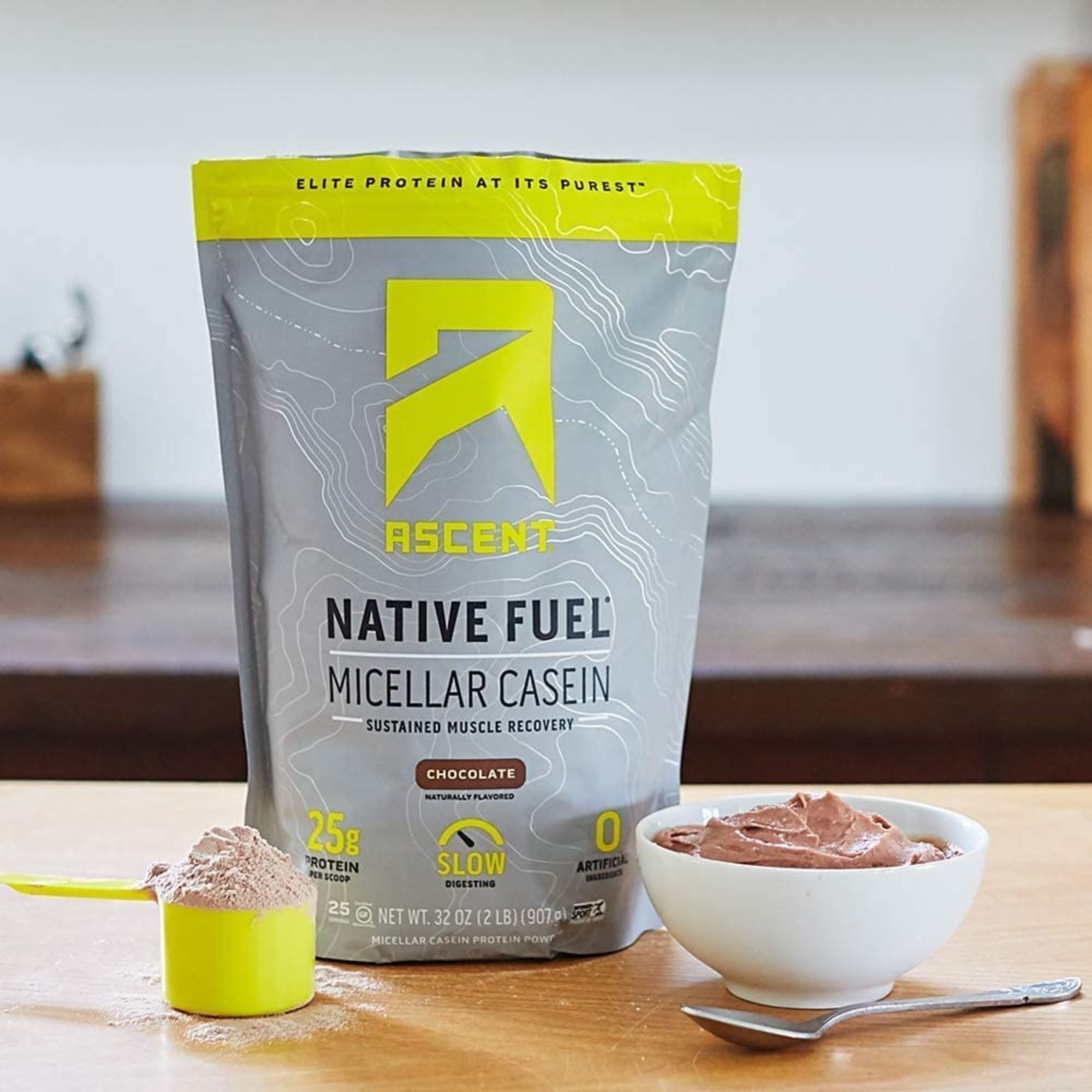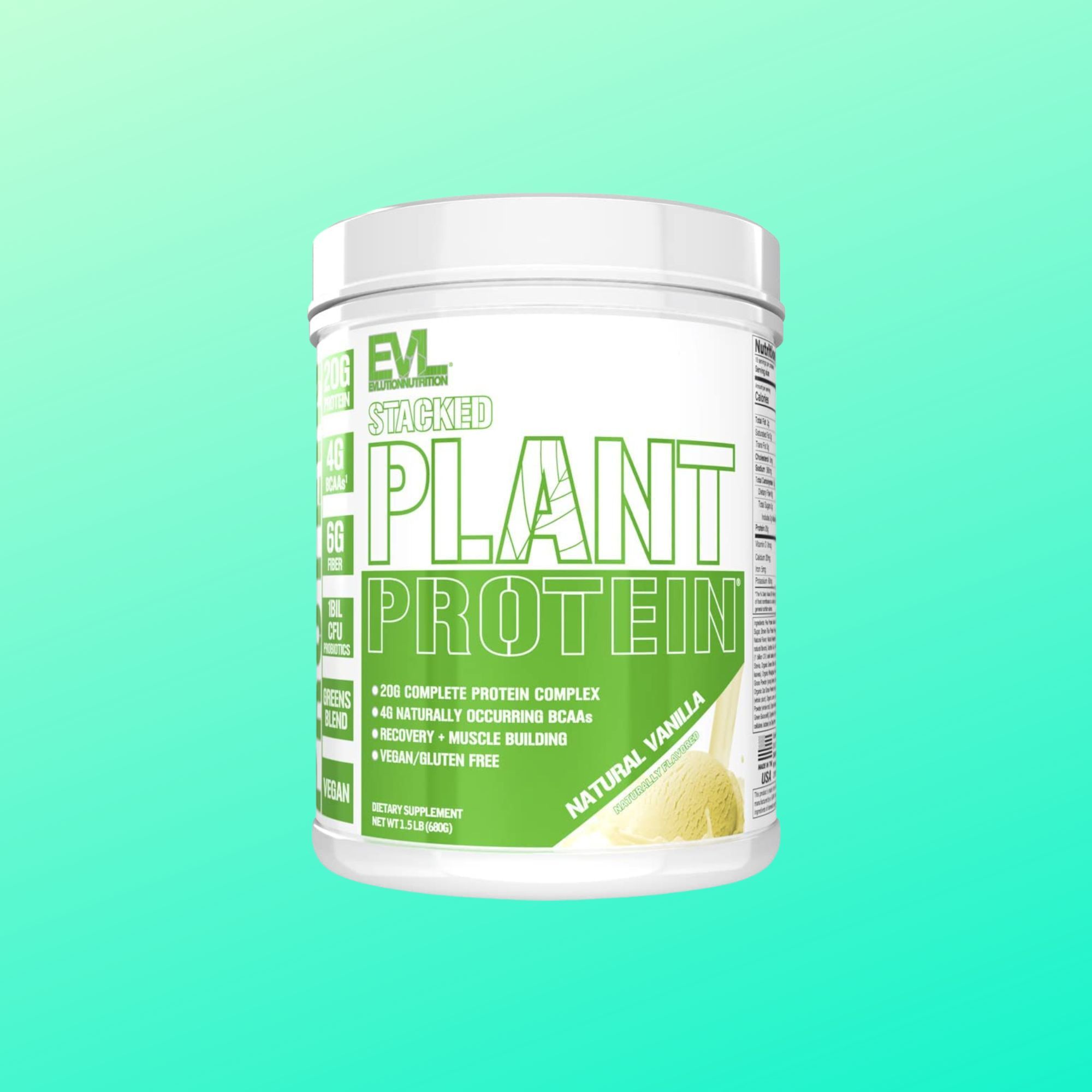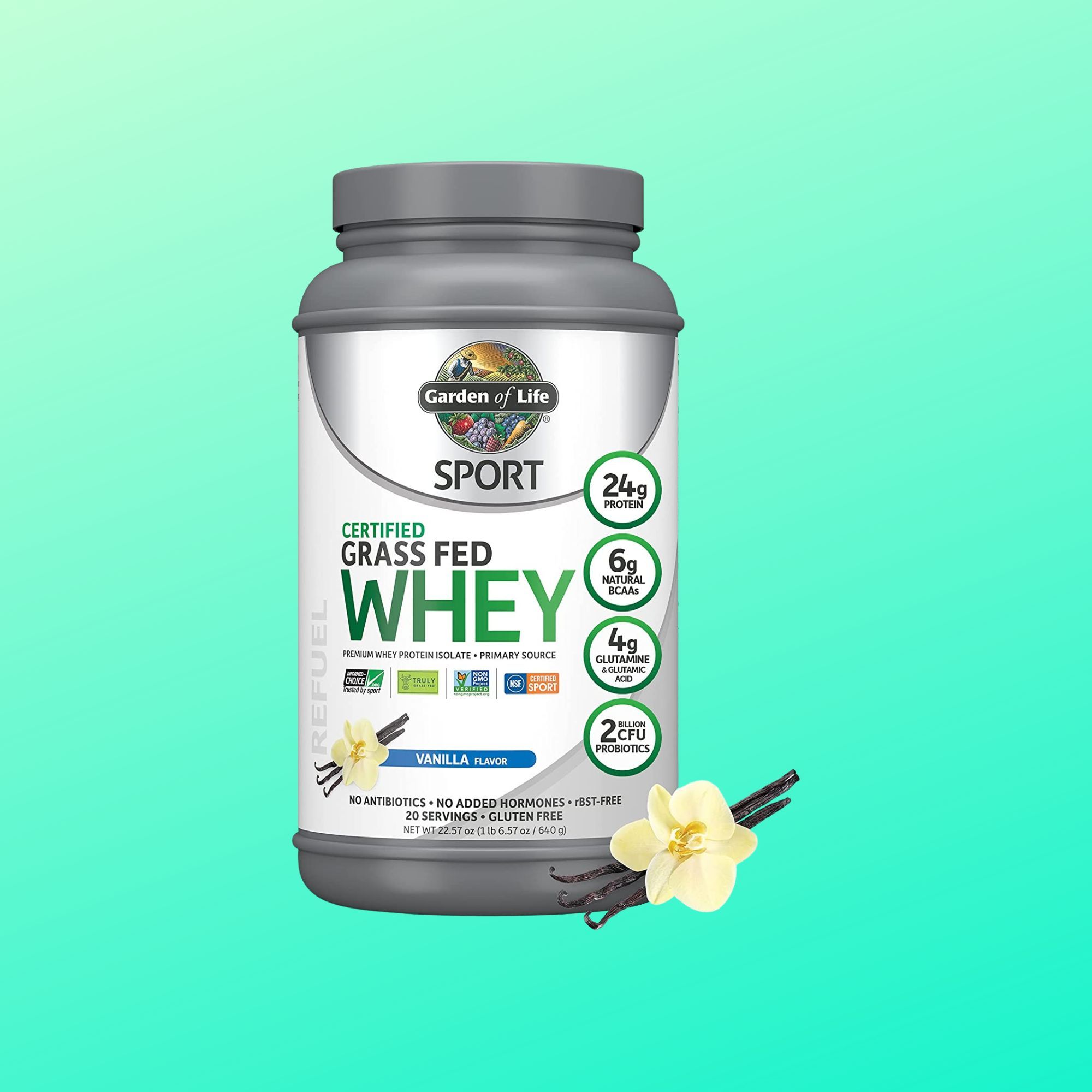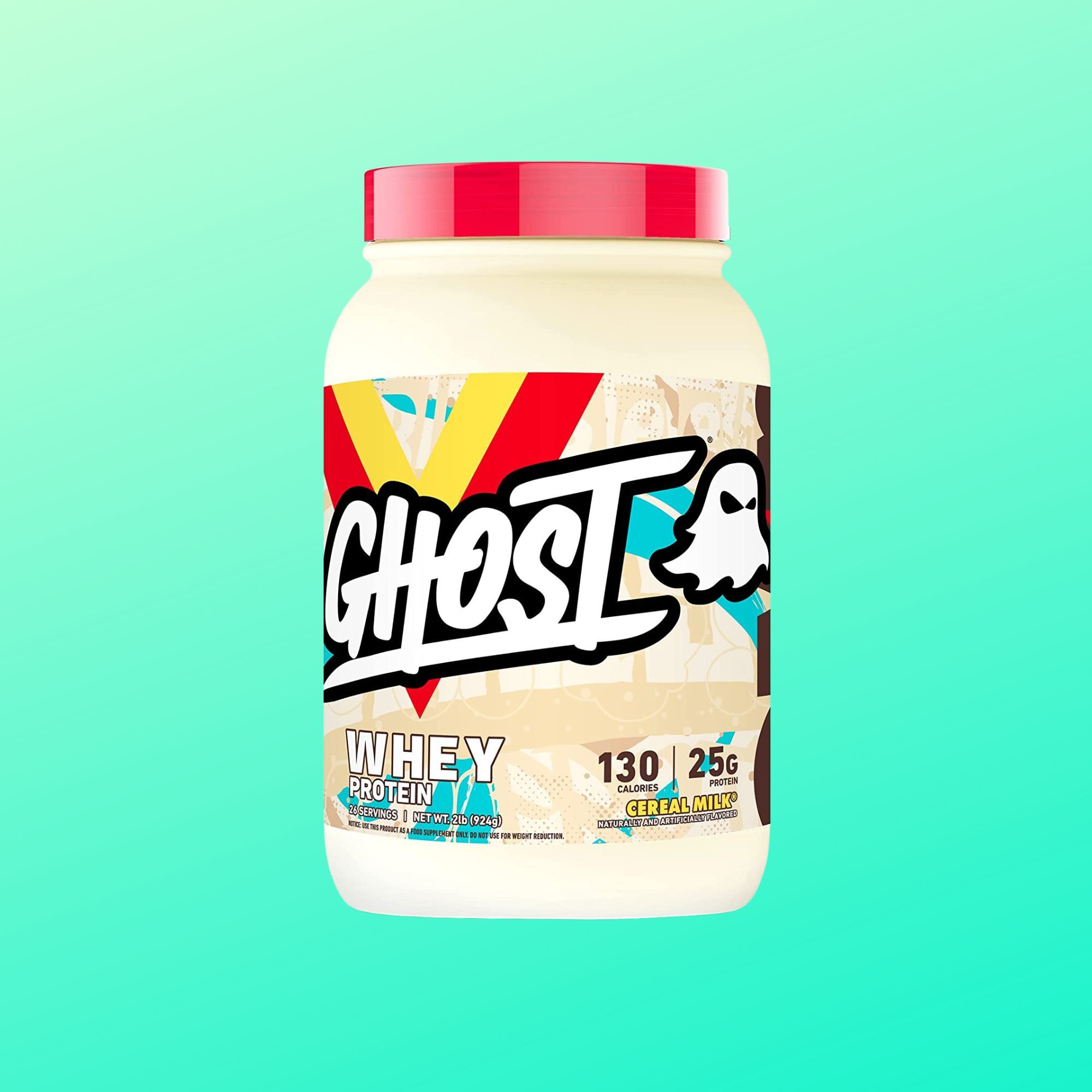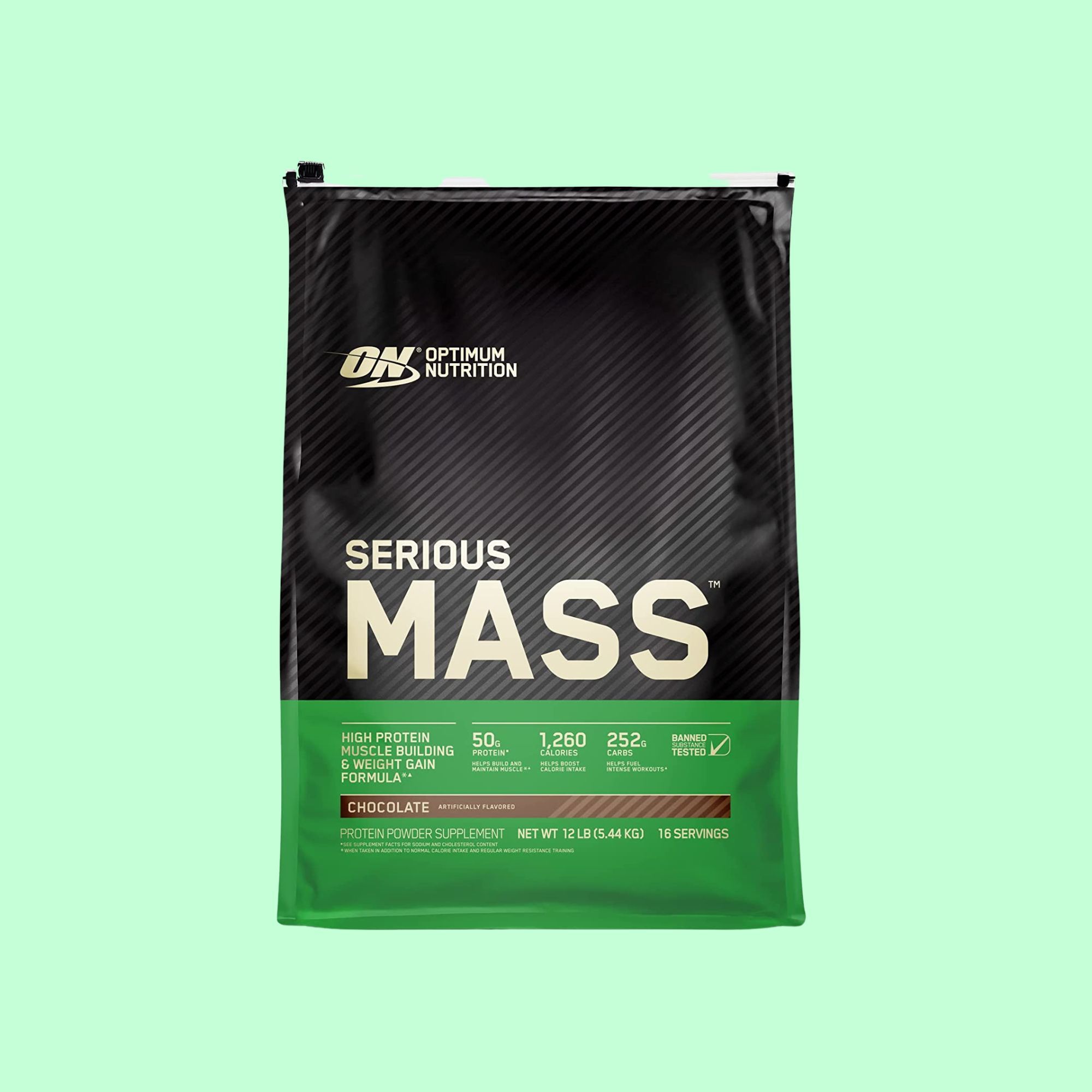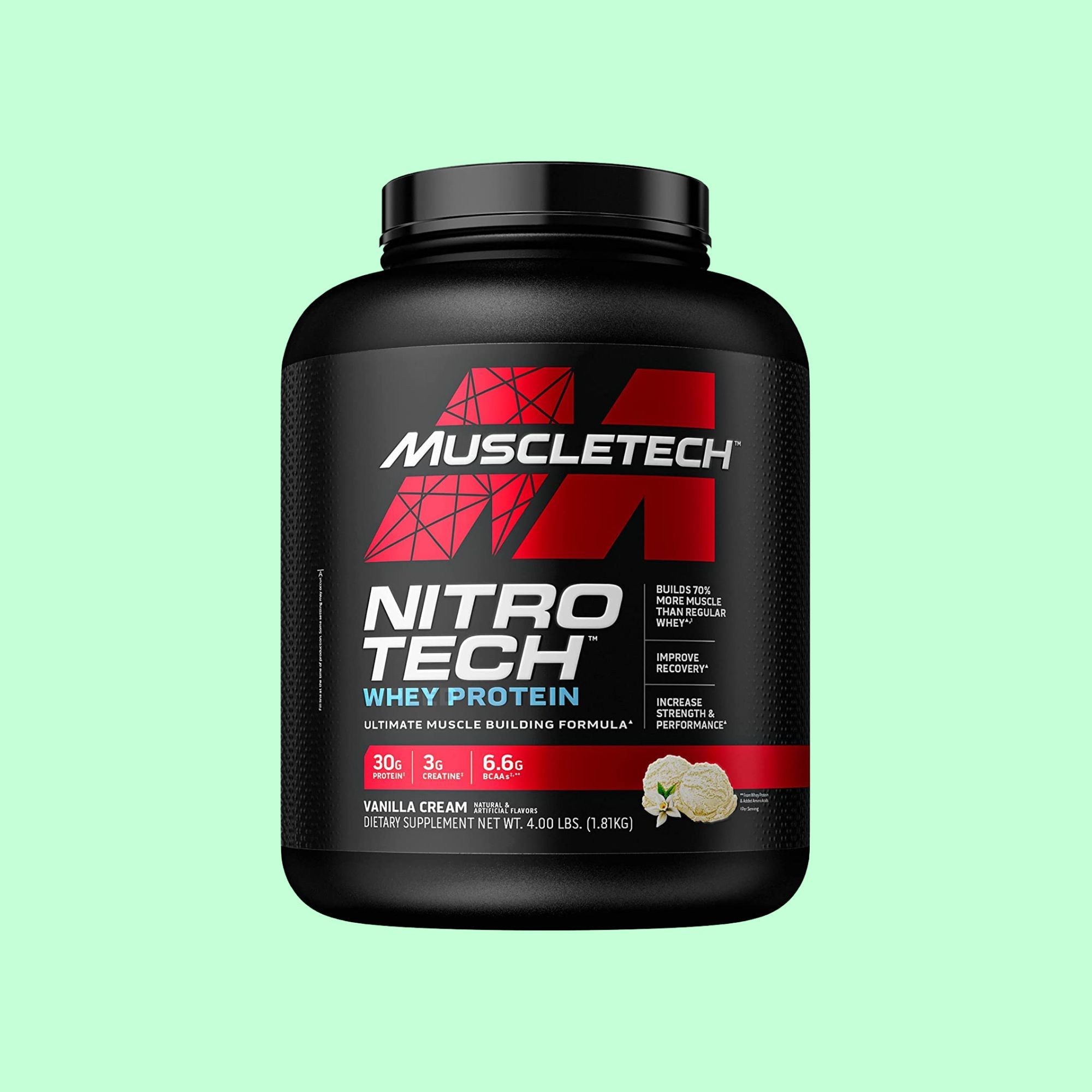Protein Powders for Muscle Gain that Athletes And Dietitians Drink Before & After Their Workouts
Looking for the best protein powder? These protein powders will help you reach your muscle-building goals, so you can get stronger faster.

Protein powder is a great way to boost your muscles. There's a protein powder for every purpose. Protein powder is often considered a staple of bodybuilding nutrition. It has become such a big part of the fitness community that it’s now sold at almost every grocery store.
Protein powders are becoming increasingly popular, but they're also now being used by a wide range of people than ever before. Post-workout shakes aren't just for competitive athletes training or bodybuilders trying to gain muscle anymore! Protein is essential for everyone who wants to be healthy and fit.
But before you start buying protein powder, you need to know exactly what makes quality protein and how it affects your body. Protein powder comes in two forms: whey and casein. Whey contains high levels of branched-chain amino acids (BCAAs) and casein contains high amounts of glutamine. Both types of protein are essential for building muscle mass. Here's a quick look at the best protein powder for building muscles.
We independently research, review and recommend what we think are the best products that meet your needs. If you buy a product through one of our retail links, we may earn a small affiliate commission at no cost to you.
With a variety of available flavors and a decades-long track record of quality, gold standard whey from optimum nutrition is way better than the mediocre protein. Reviewers love the delicious flavors—they don't all just taste the same.
Gold Standard has serious credibility among athletes worldwide. It can be used for muscle building, performance, and recovery. One more awesome thing about Optimum Nutrition is that it mixes so easily that you can just stir it with a spoon.
Casein comprises 80 percent of the protein in milk; whey comprises 20 percent. Your body digests casein significantly more slowly than whey due to its protein composition, so people tend to take it before bed for sustained protein digestion throughout the night.
Whey is digested quickly because it contains high levels of branched-chain amino acids (BCAAs), which stimulate muscle growth and repair. It’s also easier to digest than casein, making it ideal for those who experience digestive issues.
If you normally consume a vegan diet, it may be difficult to meet your daily 20g protein intake. If you want to get enough protein, one way to do so is by including a vegan protein powder in your diet, which is highly rated for quality.
Evlution lives up to its name by providing more than just a great protein source. It includes a robust blend of pea and brown rice protein blends, 4 grams of BCAAS, 6g of fiber, a billion CFU probiotic, and a kale and spinach greens blend. It's certified vegan and gluten-free, and made from non-GMO ingredients.
This formula combines the best ingredients to create a fast-absorbing protein blend perfect to support muscles recovery, build lean muscle mass, and grow before and post-workout. What's not to love?
Garden of Life sources its whey protein from Truly Grass-Fed, an animal welfare-friendly and 90% grass-fed dairy farmer in Ireland. Grass-fed dairy has been shown to contain 24g of higher levels of certain beneficial nutrients, including omega-3 fatty acids, and conjugated linolenic acid (CLA), compared to conventional dairy.
Garden of Life Sports grass-fed whey protein is certified organic, free from GMOs. Moreover, it packs 2 billion CFUs of probiotics to promote gut and immune health. It comes in classic vanilla and chocolate flavor with no artificial flavors.
To create unique flavors, Ghost partners, up with popular brands like ChipsAhoy and Nutter Butter by including cookie pieces in some of its protein powders. The company offers eight different flavors in total.
Using a blend of whey isolate and whey concentrates, Ghost supplies the 50 grams of amino acid your body needs. Furthermore, this product has a combination of digestive enzyme blends to help digestion. Ghost whey protein is produced in a GMP-certified facility and has been third-party tested by an independent laboratory to verify its ingredient safety.
Optimum Nutrition SeriousMass is appropriately named because that‘s what you’ll get with this product. The mix provides excellent nutrition with 50 grams complete protein nutrients, including calcium and potassium, among others.
It makes it an effective pre and post-workout supplement. Creatine monohydrate, a blend of four proteins, and creatine citrate will give you adequate protein and help you build muscle mass.
Nitro-Tech is a classic protein from a brand that has been at the forefront of supplements science for years. Each contains 30 grams of protein per scoop, which includes 6.5 grams BCAAs, the specific essential amino acids responsible for muscle protein synthesis. It also gives you 3 grams of creatine monohydrate in each serving.
If you're already drinking a couple of shakes per training session, you can cross creatine from your list, too. And it comes in a massive ten-pound value size, which means you will have plenty of protein for a while.
How to Choose Protein Powders
With seemingly endless choices of protein powders to pick from, you may be wondering which one is best for building muscle. The products listed here were selected based on the criteria:
- The product does not contains artificial ingredients, and unnecessary fillers.
- It offers a variety of flavors so that everyone can enjoy them.
- Companies follow cGMPs as determined by the FDA. They may also use third-party testing.
What Are The Different Types Of Protein Powder?
Both animal and plant protein powders contain at least one of these three categories of protein—but usually all three. Protein concentrates contain 60-80% protein. The rest of the concentrate contains fats and carbs. It's the most common and easiest-to-make type of protein.
Proteins are essential amino acids, which are then combined into proteins. If you're looking for a pure protein source, then isolates are usually the best option. Protein hydrolysates are created by breaking down proteins into smaller pieces so they're easier to digest and absorb than whole proteins.
Whey protein is the most popular source of protein in the marketplace because it contains all nine amino acids necessary to synthesize proteins. Leucine, isoleucine, and valine are found in high concentrations in milk proteins. Whey protein is an easily digestible protein that can be absorbed into the bloodstream within 20 minutes. It’s perfect for post-workout muscle recovery.
Casein is a protein found in dairy products. Casein protein is slower to digest than whey so it's a good choice for a meal replacement between meals or before bed.
Milk protein concentrates and isolates save time for digestion, but they don't digest as fast as whole milk proteins. These ingredients are commonly found in ready-to-drink beverages and protein powders.
People who are sensitive to dairy can use plant-based protein powders. All types of protein are good for you. Many single-source vegan protein powders don't provide a full protein profile, so they're often mixed with other sources.
Egg protein mixes easily and can be found either on its own or combined with other proteins. This can be a safe choice for people who are lactose intolerant.
Do You Need Protein Powder?
Some people can get enough protein from eating a balanced diet alone. The recommended daily intake of protein begins at 0.8 grams per kilogram of body weight for sedentary 18 years old and older, or 0.36 grams per lbs of body weight. For children ages 4–18 years, the recommended daily dose is 1.5 grams of dietary protein per kg of body weight. But several factors can help you consume significantly more, including
- Increased activity level
- Preserving muscle mass while dieting
- Training to gain muscle or strength
- Age-related muscle loss
According to Dr. Layne Norton, Ph.D. Your bodies become less sensitive to proteins as they get older, and consuming a high-protein diet can help prevent the age-associated decline in muscle protein synthesis.
A shake or smoothie is a convenient way to get 25 grams of protein per serving, or more. It’s a good option for a post-workout shake. Use shakes and powders as convenient supplements—not substitutes for meals. If you're trying to gain or lose weight and you're in a position to either have a shake or skip a meal entirely, then have a shake.
Which Protein Powder Is Best for Muscle Gain?
There are so many different types of protein powder available, that it can be hard to figure out which one is best for building muscle mass. Here are some factors to consider:
- When will you take it? Whey protein is best consumed immediately after exercise, whereas casein is better taken before bedtime.
- How much money do you want to spend? Protein powders vary greatly in cost. Determine your budget and look for options within that range.
- If you have specific tastes, check out whether a given protein comes in a flavor you prefer.
- Does the company test its products for banned substances and harmful contaminants?
- Does the product meet FDA requirements for manufacturing quality?
- Some protein powders contain potential allergies or substances you might be sensitive to, so read the label carefully before buying.
- All ingredients are clearly listed. Some companies use proprietary blends to mask certain ingredients and amounts. Avoid these products because they don't disclose their ingredients.
- A good rule of thumb is that if a protein powder has at least 20 grams of protein per serving, then it's probably providing enough protein to help you gain muscle mass when combined with resistance training.
Frequently Asked Questions
Which type of protein is best for weight loss and muscle gain?
Whey Protein powders are probably the most popular protein supplements today. Casein is another type of milk protein. Whey protein is easy to digest and absorb, so it's often taken after workouts for muscle building and recovery purposes.
How much protein do I need for muscle gain?
To gain muscle, you need to consume 1 gram of protein per pound of body weight. Scientists estimate that the minimum daily requirement for protein is 1.6 grams per kilogram of body weight.
When is the best time to take protein powder?
For most people who want to lose weight or maintain muscle mass, taking protein powder at any time of day is okay. It's a good idea to eat your protein evenly throughout the day to maximize their filling effects. However, if your primary goal is muscle growth or recovery from exercise, you may find that consuming protein within two hours after exercise is optimal. This promotes muscle repair, which is how they grow.



